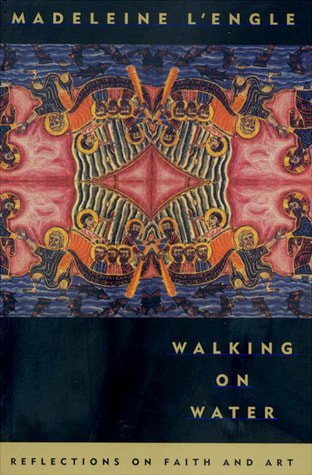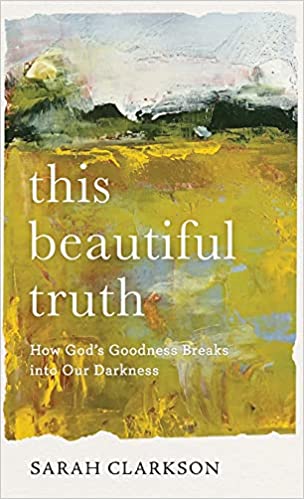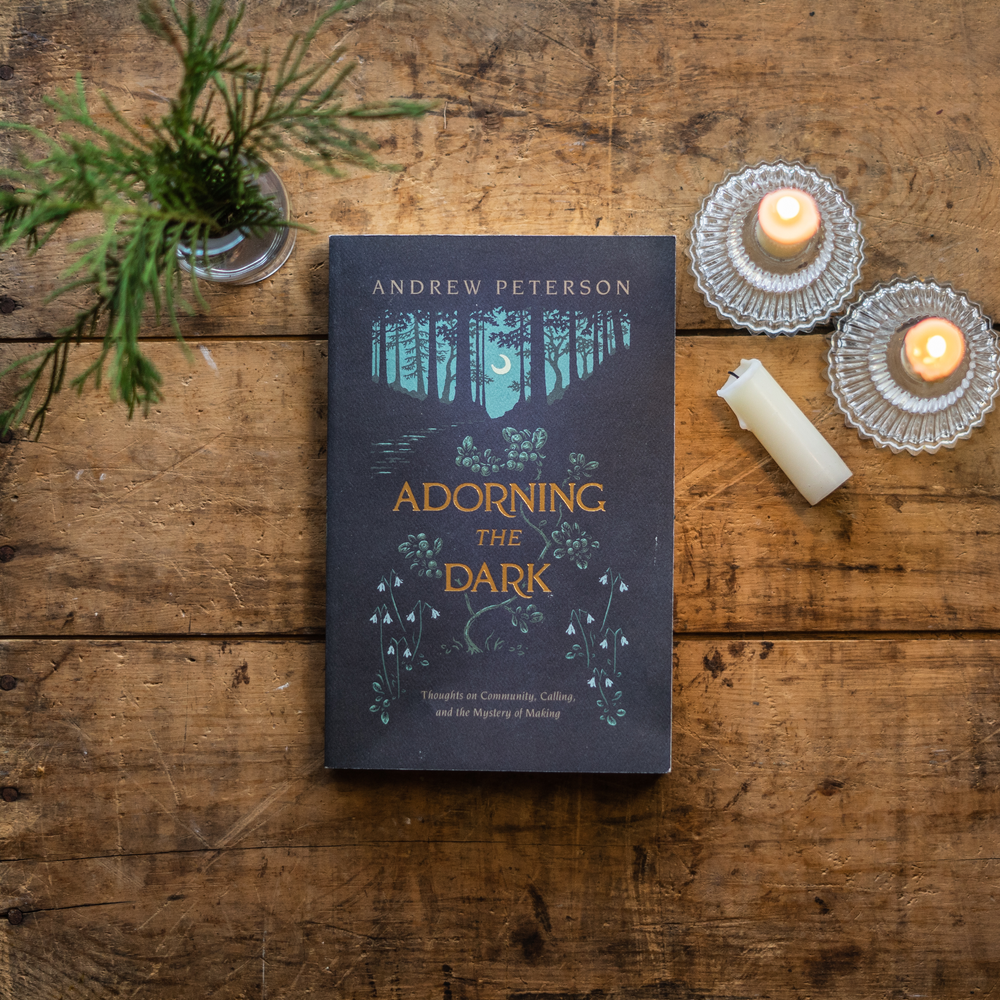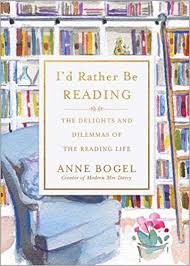Here are some highlights from the book that have stayed with me for years.
First, let’s start with stories. “A friend of mine, a fine storyteller, remarked to me, ‘Jesus was not a theologian. He was God who told stories.’ Yes, God told stories. St. Matthew says, ‘And he spoke many things unto them in parables …and without a parable spoke he not unto them.’ When the powers of this world denigrate and deny the value of story, life loses much of its meaning, and for many people in the world today, life has lost its meaning, one reason why every other hospital bed is for someone with a mental, not a physical illness.” (P. 56)
This quote struck me in the midst of the COVID chaos. I know many of us are feeling less than quite whole at the moment. Mentally, I am reading more stories and watching more dramas. I need stories. Any dip into a story is healing for the mind, and our minds definitely need something with all the isolation that has gone on.
Another quote from the book that stands out is from Canon Tallis. “One time I was talking to Canon Tallis, who is my spiritual director as well as friend, and I was deeply grieved about something, and I kept telling him how woefully I had failed someone I loved, failed totally, otherwise that person couldn’t have done the wrong that was so destructive. Finally he looked at me calmly, ‘Who are you to think you are better than our Lord? After all, he was singularly unsuccessful with a great many people.’ That remark, made to me years ago, has stood me in good stead, time and again. I have to try, but I do not have to succeed. Following Christ has nothing to do with success as the world sees success. It has to do with love.” (P. 64)
That one kind of hurt because I could relate to it so well. Lately I have been reflecting on how ineffective I have been in teaching, leading, encouraging, and sharing Christ with others. The good news is that I am not even expected to be effective. I am expected to be faithful. I have expected to love others.
The chapter entitled A Coal in the Hand was also insightful. “We have to be braver than we think we can be, because God is constantly calling us to be more than we are, to see through plastic sham to living, breathing reality, and to break down our defenses of self-protection in order to be free to receive and give love … Paul certainly wasn’t qualified to talk about love, Paul who had persecuted so many Christians as ruthlessly as possible; and yet his poem on love in I Corinthians has shattering power. It not a vague, genial sense of well-being that it offers us but a particularly, painful, birth-giving love … It is a listening, unself-conscious love, and many artists who are incapable of this in their daily living are able to find it as they listen to their work, that work which binds our wounds and heals us and helps us toward wholeness.” (P. 71-72)
This is true for me. Writing helps. It binds wounds. It helps me deal with reality. It moves me towards wholeness. It helps me enter the narrow gate of heaven. It shows me I can walk on water.
The last chapter is Feeding the Lake. This last chapter is all about vulnerability. It starts by describing Christ’s vulnerability. “We are, ourselves, as little children, and therefore we are vulnerable. We might paraphrase Descartes to read, ‘I hurt; therefore I am.’ And because of the great affirmation of the Incarnation, we may not give in to despair.” (P. 229)
I hurt; therefore I am? In all honesty, this makes sense. We are all on the winding road called life. We all hurt from something. The question is whether we wallow in it or not.
I may wallow in hurt for a while, but I do eventually pick myself up, dust myself off, and get on with life. I doubt I am making great art, but I know I am working through my pain.
Some of the greatest artists of the past were able to overcome their hurt with their art. Milton wrote Paradise Lost. “Milton could have retreated into passive blindness and self-pity instead of trying to patience of his three dutiful daughters and any visiting friends by insisitng that they write down what he dictated.” (P. 232).
Beethoven was going deaf when he wrote the Ninth Symphony. “Beethoven could have remained in the gloom of silence instead of forging the glorious sounds which he could never hear except in his artist’s imagination.” (P. 232).
What does Madeline L’Engle discover? Over and over, her reflections come back to the fact that she is a Christian. She is an artist, and she is a Christian.
This book invites you to journey into mystery and beauty. She is earthy, passionate, and holy. She is worth following because she followed Jesus. This is so worth the read or re-read!





 RSS Feed
RSS Feed